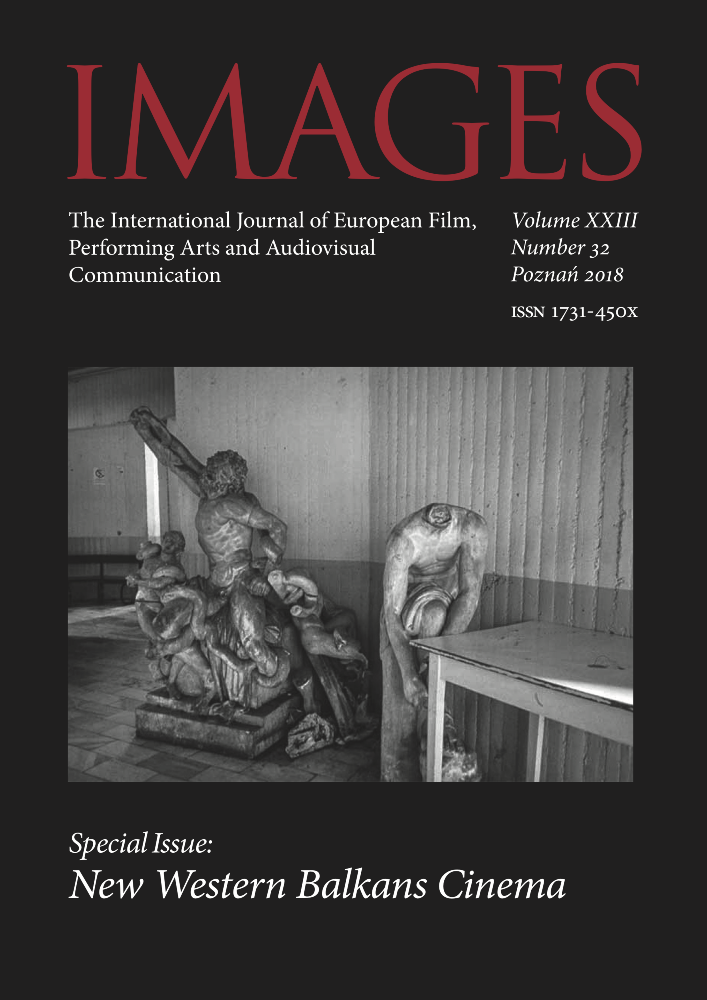Abstract
The subject of this paper is a new generation of female directors in former Yugoslav (Croatia, Serbia, Bosnia and Herzegovina) cinematography. It considers the stylistic, narrative and representational strategies in the films Clip (Klip, 2012) by Maja Miloš, Sonja and the Bull (Sonja i bik, 2012) by Vlatka Vorkapić, Our Everyday Life (Naša svakodnevna priča, 2015) by Ines Tanović, Zagreb Cappuccino (2014) by Vanja Sviličić, Trampoline (Trampolin, 2016) by Zrinka Katarina Matijević, You Carry Me (Ti mene nosiš, 2015) by Ivona Juka, and Quit Staring at My Plate (Ne gledaj mi u pijat, 2016) by Hana Jušić. The movies are related through conceptual, thematic and/or stylistic features. They examine the position of female protagonists in a patriarchal society and their daily experiences, wherein they dissect gender, economic and social problems that exist in countries in the territory of former Yugoslavia.
References
Gilić N., Uvod u povijest hrvatskoga igranoga filma, Zagreb 2011.
Heidl J., Devet godina stanke: Feljton Film i društvo – Kakav je položaj i opus reda- teljica u dominantno muškoj hrvatskoj kinematografiji (2), <http://www.filmovi.hr/index.php?p=article&id=2312> [accessed on: 27.10.2017].
Heidl J., Odredište poznato: Feljton Film i društvo – Kakav je položaj i opus redateljica u dominantno muškoj hrvatskoj kinematografiji (1), <http://www.filmovi.hr/index.php?p=article&id=2311> [accessed on: 27.10.2017].
Heidl J., Osvajanje posljednje utvrde: Feljton Film i društvo – Kakav je položaj i opus redateljica u dominantno muškoj hrvatskoj kinematografiji (3), <http://www.filmovi.hr/index.php?p=article&id=2313> [accessed on: 27.10.2017].
Hurd M.G., Women Directors and Their Films, Wrestport-London 2007.
Kaplan E.A., Women & Film: Both Sides of the Camera, London-New York 1983.
Smelik A., And The Mirror Cracked: Feminist Cinema and Film Theory, London 1998.
License

This work is licensed under a Creative Commons Attribution-NonCommercial-NoDerivatives 4.0 International License.
